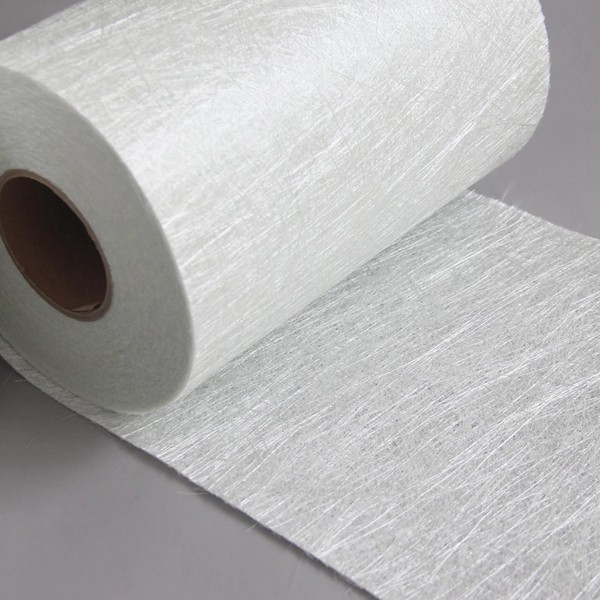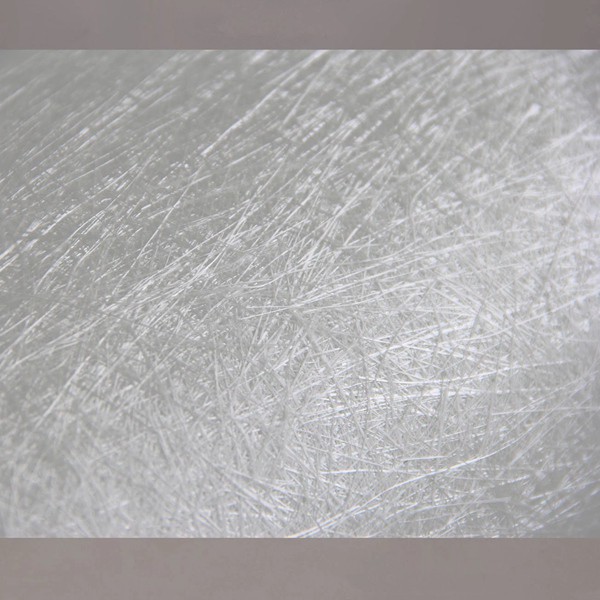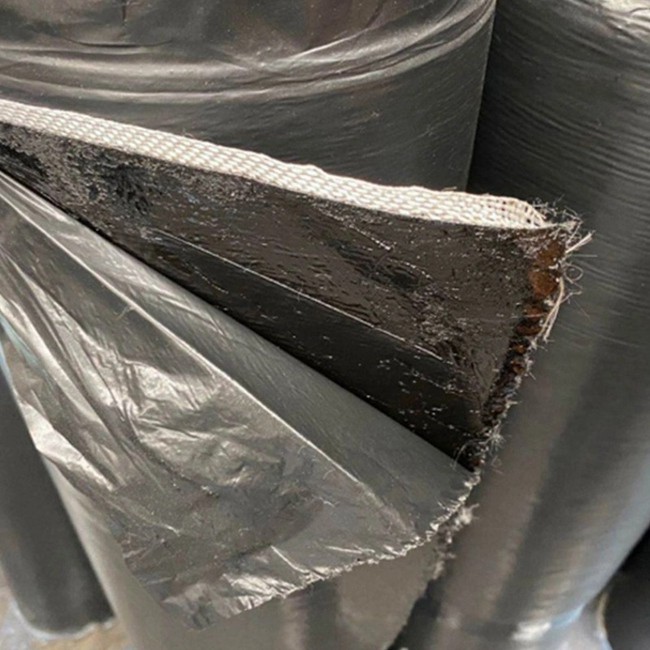Welcome!







Wholesale E-Glass Fiberglass Chopped Strand Mat for Roof
Product Description
Fiberglass felt has excellent physical and chemical properties. It has a high heat resistance temperature and can maintain stable performance in high-temperature environments, so it is often used for insulation of various high-temperature equipment. At the same time, fiberglass felt also has good insulation and sound absorption properties, which can effectively reduce energy loss and noise propagation, improve equipment operation efficiency and comfort. In addition, fiberglass felt also has characteristics such as corrosion resistance, insect resistance, and mold resistance, which can maintain stable performance in harsh environmental conditions and extend its service life.

In terms of production technology, the production process of fiberglass felt includes steps such as impregnation, molding, compression, curing, exhaust, and polishing. Firstly, soak the fiberglass cloth or felt in the resin to allow the fibers to fully absorb the resin. Then, place the impregnated fiberglass cloth or felt into the prefabricated mold and machine press it into shape. Next, by compressing to remove excess resin and air, the glass fibers are made tighter. Subsequently, the compressed glass fiber is placed in an oven or cured at room temperature until the resin is completely hardened. Finally, perform exhaust and polishing treatment to make the product surface smooth and beautiful.

In terms of application, glass fiber felt has a wide range of applications. Firstly, it can be used for insulation of various heat sources (coal, electricity, oil, gas) and high-temperature equipment, as well as central air conditioning pipelines, providing excellent insulation effects and reducing energy loss for these equipment. In addition, fiberglass felt can also be used for various insulation and fire prevention materials, providing strong protection for the fire safety of buildings and equipment. In special places, fiberglass felt can also be used as a sealing, sound-absorbing, filtering, and insulating material, effectively improving environmental quality. In addition, fiberglass felt can also be used for insulation of various heat transfer and storage devices, as well as for sound insulation, thermal insulation, and heat resistance of parts such as cars, ships, and airplanes, as well as for sound insulation of the inner core of car and motorcycle silencers and engine silencing.

Let's take a look at the characteristics of fiberglass felt. Compared to fiberglass chopped felt, fiberglass felt has a longer fiber length and typically exists in the form of continuous fibers. This gives glass fiber felt significant advantages in mechanical properties and stability. In addition, fiberglass felt also has many characteristics such as high heat resistance, good insulation performance, high sound absorption rate, high exhaust purification efficiency, corrosion resistance, insect resistance, mold resistance, low absorption rate, good vibration resistance, flame retardancy, and light warranty. These characteristics make fiberglass felt have broad application prospects in multiple fields.

Glass fiber felt, as a non-woven material composed of continuous glass fibers, plays an important role in multiple industrial fields due to its unique physical and chemical properties. This article will provide a detailed introduction to the characteristics, applications, and production processes of fiberglass felt, in order to give readers a deeper understanding of this material.

Recommended Products
Recently Viewed
 Hot Selling Self-Adhesive Waterproof Roll Sbs Modified Asphalt Felt Paper
Hot Selling Self-Adhesive Waterproof Roll Sbs Modified Asphalt Felt Paper Hot Selling R13 R19 Fiberglass Thermal Insulation Roll
Hot Selling R13 R19 Fiberglass Thermal Insulation Roll High Quality Wooden Roofing Materials Black Asphalt Tar Paper
High Quality Wooden Roofing Materials Black Asphalt Tar Paper Factory Sypplier Bitumen Roofing Felt Paper with Enhanced Weather Resistance
Factory Sypplier Bitumen Roofing Felt Paper with Enhanced Weather Resistance Factory Sypplier R13 R19 Fiberglass Thermal Insulation Roll
Factory Sypplier R13 R19 Fiberglass Thermal Insulation Roll
Contact Us
Changzhou Tianma Group Co., Ltd.




